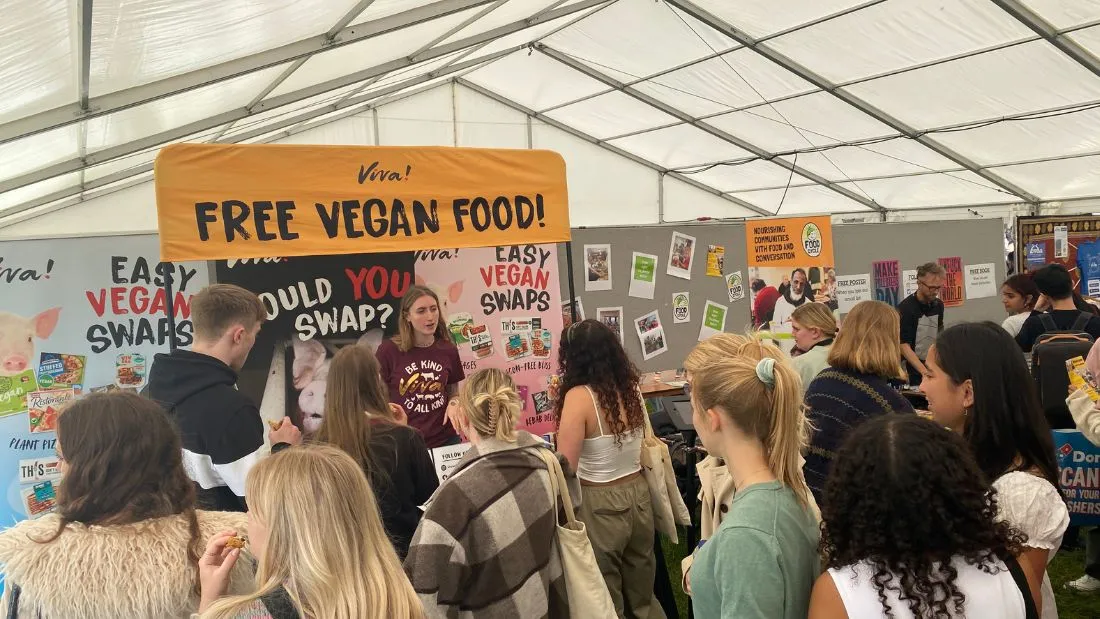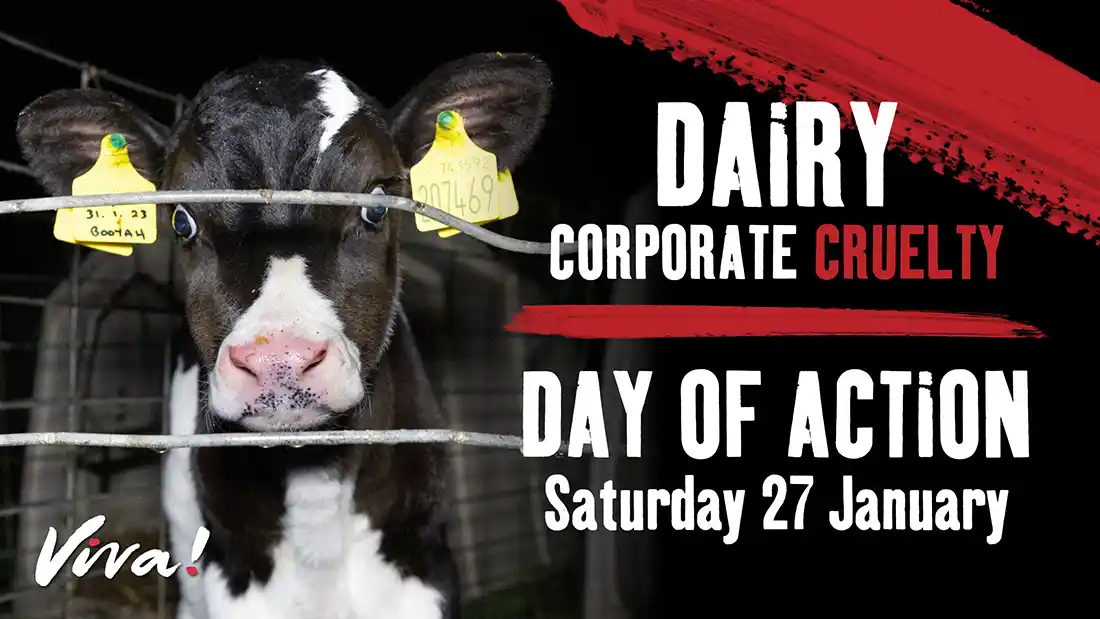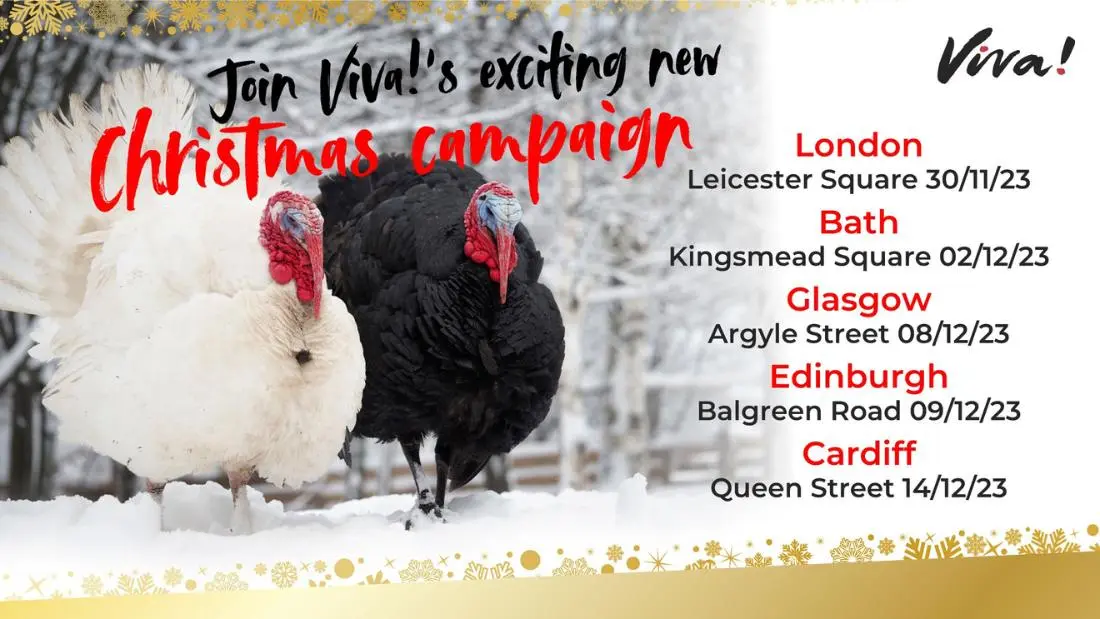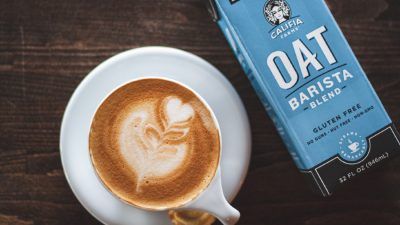5 ways to manage IBS on a vegan diet

Irritable bowel syndrome (IBS) is a functional disorder, which means it causes a disturbance in bowel function. IBS is thought to affect about one in five people in the UK at some point in their lives and women are affected more often than men. Symptoms include stomach cramps, bloating, diarrhoea and constipation. These may come and go, lasting for days, weeks or months at a time. It can be challenging to live with and can have a substantial impact on daily life.
There’s no cure, but dietary and lifestyle changes may help control the symptoms. If you have IBS don’t fall into the trap of thinking you can’t eat many plant foods – you can and eating the right ones can help. Here are five ways you can manage IBS on a vegan diet:
1. Keep a food diary and avoid certain triggers
Some foods and drinks have been identified as common triggers. For example, cow’s milk and cheese, wheat products, certain fruit and vegetables, sweets, fried foods, coffee and alcohol can trigger IBS symptoms. However, many vegetables are usually OK, including; broccoli, carrots, courgette, butternut squash, cucumber, aubergine, lettuce and red peppers. Pulses (peas, beans and lentils) can be a problem for some, but tofu and tempeh (both nutrient-dense and packed with protein) are often acceptable.
Our guts are as unique as our fingerprints so keeping a food diary is a great way to determine what works for you and what doesn’t.
2. Try a low-FODMAP diet (after consulting your GP)
FODMAP stands for: fermentable, oligosaccharides, disaccharides, monosaccharides and polyols. It’s an umbrella term for a group of carbohydrates that are poorly absorbed and rapidly fermented in the guts of some people. In people with IBS, instead of being absorbed into the bloodstream, FODMAPs draw water towards them in the small intestine, which can have a laxative effect, or give rise to excessive bloating and gas.
The plan begins with a highly restricted diet for two to six-weeks, then other foods are gradually re-introduced. The aim is not to eliminate all FODMAPs from the diet forever, but to assess the impact of each one and find a comfortable intake as part of a balanced diet.
3. Get to grips with gluten
Some people’s symptoms worsen when they eat gluten – a protein found in wheat – despite not having coeliac disease or a wheat allergy. The main carbohydrates in wheat are fructans (part of the FODMAP family), and they can be difficult to digest for some. Research shows it could actually be fructans inducing IBS symptoms rather than gluten. Spelt sourdough bread contains lower levels than bread made with wheat, so while it is not safe for people with coeliac disease (because of the gluten) it may be acceptable for some people with IBS.
4. Develop good eating habits
People with irregular eating habits are more likely to experience symptoms than those with regular eating habits. Even in those without IBS, eating on the go or at irregular times can upset our digestion so it makes sense for those with IBS to pay particular attention to this. Try to eat at the same time each day, don’t skip meals or eat too quickly.
5. Find a way to relax and de-stress
Some studies have found higher levels of anxiety and depression in people with IBS. One suggested people with IBS may be three times more likely to suffer with depression than those without it but it’s unclear which condition came first as IBS can cause emotional distress and mental health decline – in turn, these can make bowel problems worse. Nevertheless, meditation, yoga, better sleep patterns and regular exercise may help manage anxiety and alleviate IBS symptoms.
There’s no single solution that works for everyone with IBS, but there are lots of things that you can do to help. It may be a case of experimenting with diet for several weeks or months but rest-assured, IBS can be successfully managed so that you’re the one in control rather than feeling like the condition is controlling you.
For a more in-depth version of this blog, click here.







